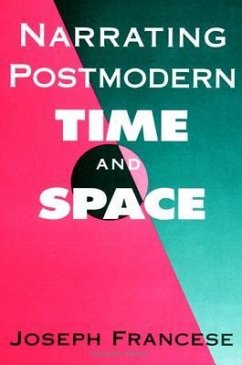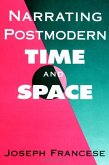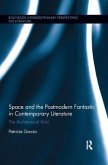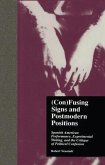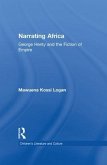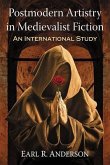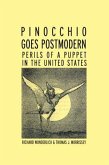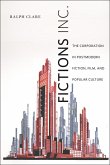Defines postmodern writing and distinguishes it from modern writing by citing examples from two modern and three postmodern writers: Italo Calvino, John Barth, Toni Morrison, E. L. Doctorow, and Antonio Tabucchi.
Hinweis: Dieser Artikel kann nur an eine deutsche Lieferadresse ausgeliefert werden.
Hinweis: Dieser Artikel kann nur an eine deutsche Lieferadresse ausgeliefert werden.

